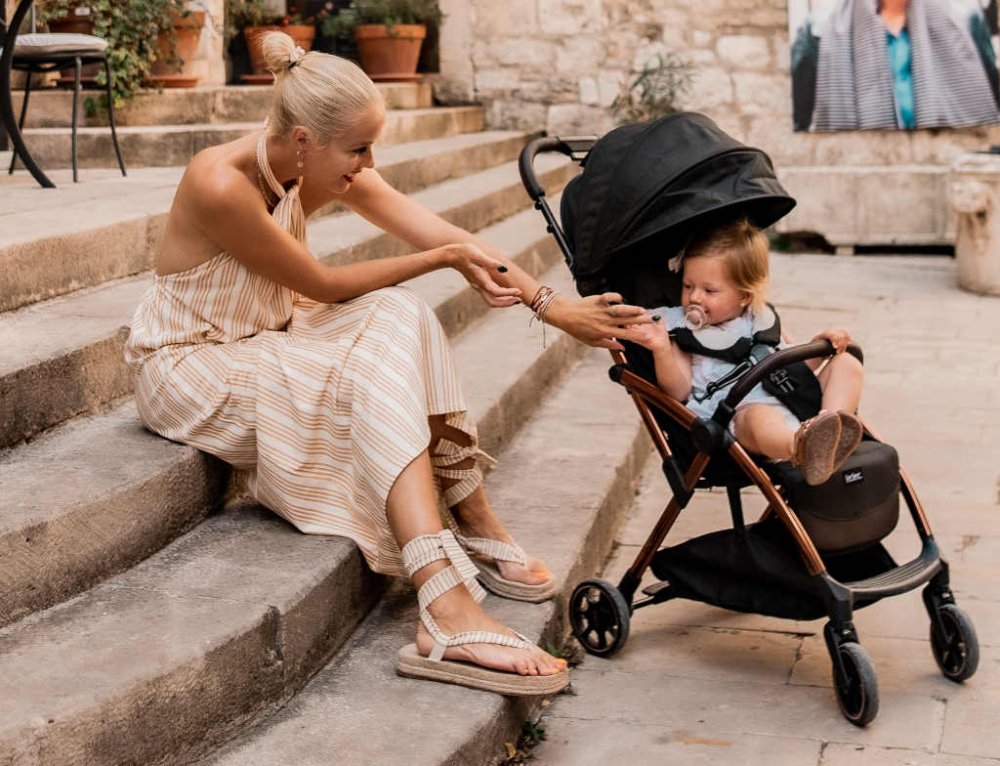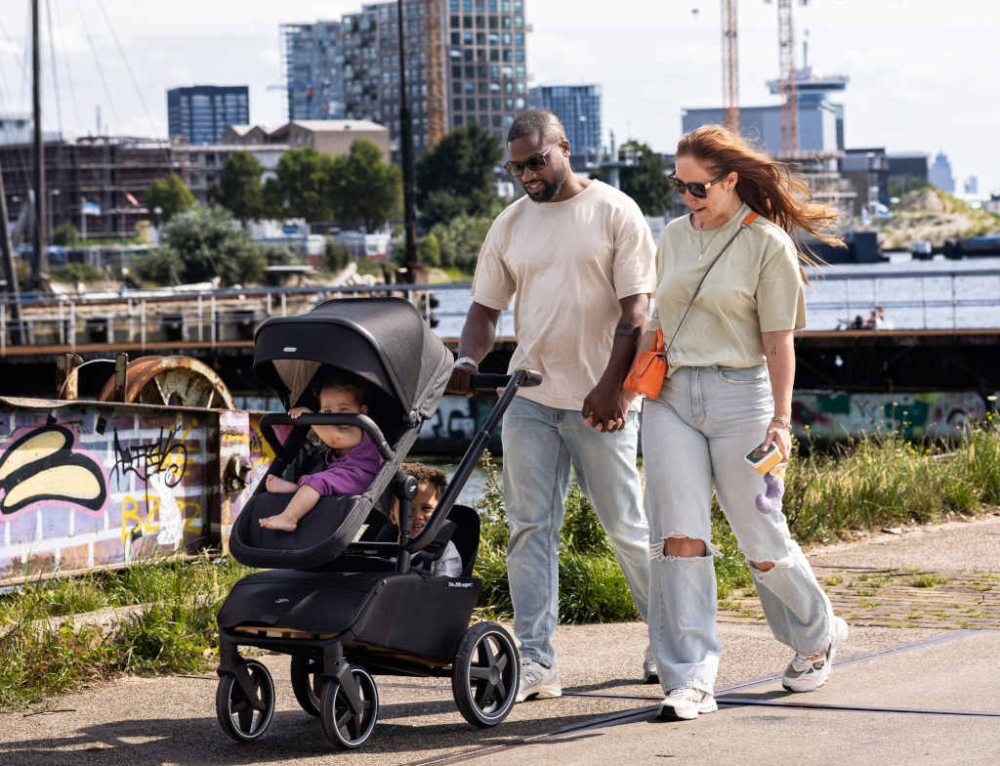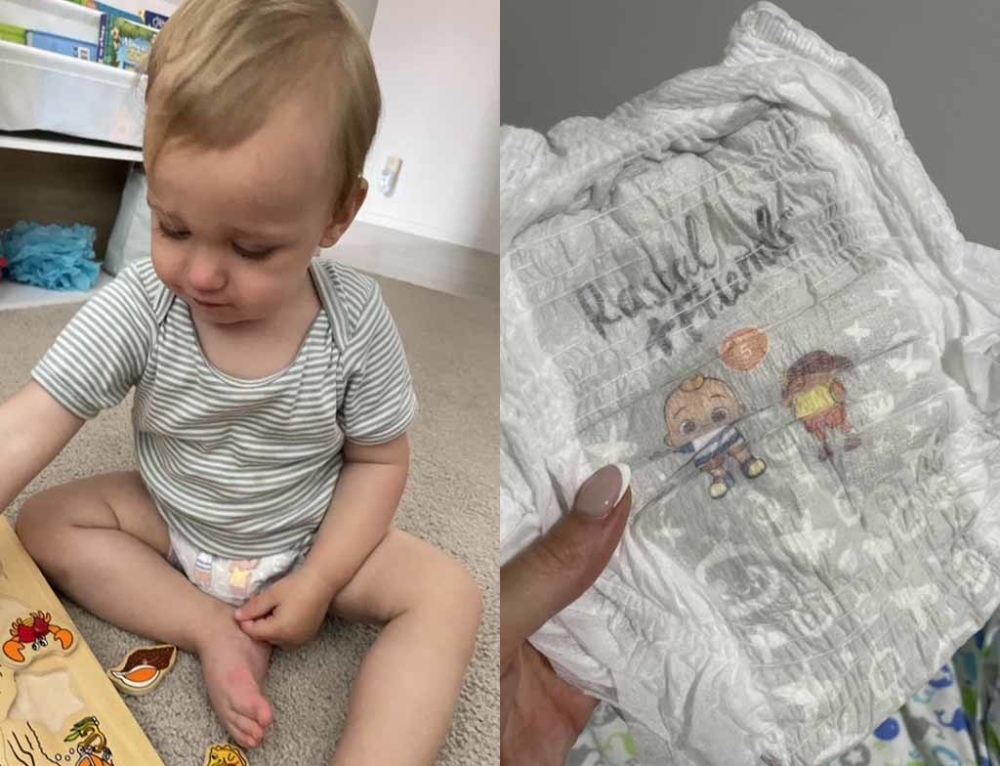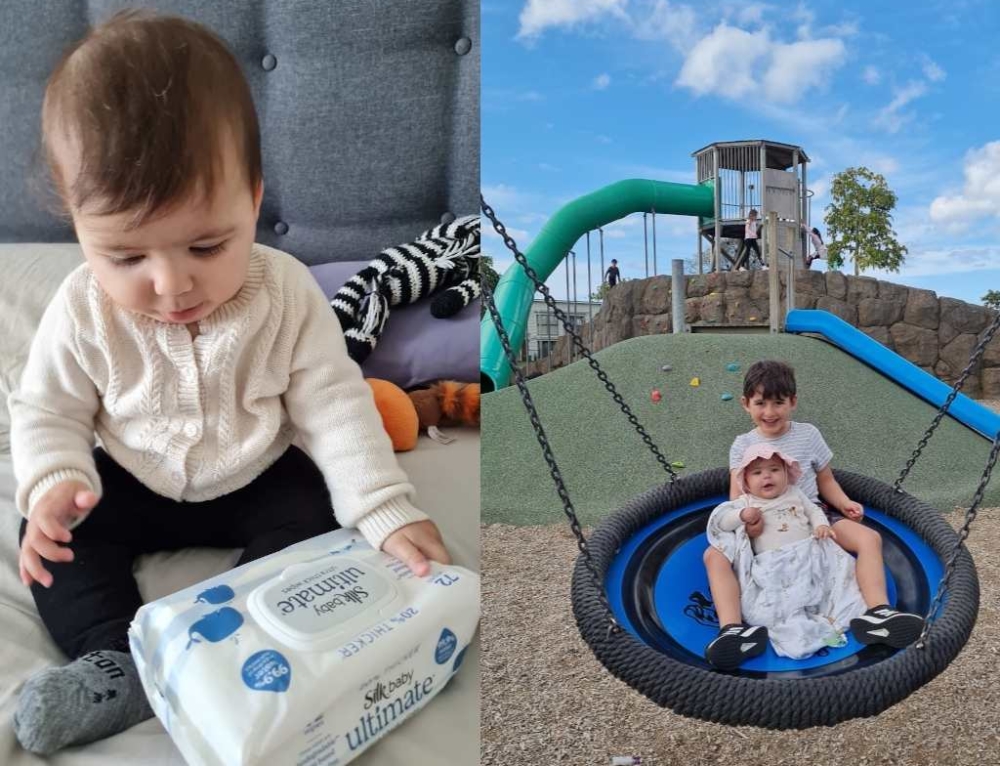Just as you are feeling comfortable and confident with breastfeeding, your baby may take it upon himself to give your nipple an experimental bite. Biting is usually a temporary (painful) phase some babies go through but, in the meantime, there are ways you can discourage your baby from biting.
The most common reasons for biting during breastfeeding include:
- Experimental biting
- Teething
- Tiredness
- Frustration
- Looking for comfort
TIP!
Being bitten while brestfeeding is not a problem that is exclusive to mothers with babies with teeth! Your baby’s gums can do an excellent job at biting you as well – the gums may not break your skin but can be extremely painful.
Find more:
- Get more information on teething
How to avoid being bitten
- The best way to avoid biting is to ensure that your breastfeeding baby is correctly attached-proper attachment ensures that your baby’s tongue is over his bottom gum and teeth so that biting isn’t possible.
- If your baby tends to bite your breast at the end of a breastfeed, pay attention during this time and remove him from the breast as soon as you know he is full.
- If your baby bites you because he’s teething, encourage him to chew on something other than your breast! Biting puts pressure on the gums and relieves the discomfort associated with teething so invest in a teething ring and you may find your problem disappears. Newly emerged teeth can be sharp and can easily break the skin, so do take care if you suspect your baby wants to test his biting ability.
- If your baby bites because he’s frustrated because your slow let-down is slow, try expressing a little just before feeding to get things moving, or let him suck for a moment and then take him off the breast – this initial sucking is often enough to start the let-down.
- If your baby bites because he’s playing, you need to teach him quickly that this is not a game! If he does bite you with a cheeky look on his face, take him off the breast immediately and firmly say ‘No’. Try to avoid laughing or reacting strongly (you may have to swallow your ‘Ouch’) because it is these types of reactions that will keep him trying out his new party trick.
How to stop your baby biting
No matter why he likes to bite, you need to communicate to him your disliking of being bitten. Immediately remove him from the breast and tell him in a firm voice, ‘No’. Very quickly your baby will begin to associate biting with the removal of the breast which should put an end to the biting.
Treating a bitten nipple
The best way to attend to a biting wound on the nipple is to treat it like a cracked nipple – rub a little hindmilk into the wound, keep it dry and give it lots of fresh air. Change breast pads regularly so the skin doesn’t stay damp and keep an eye out for possible infection which should be treated by your doctor.
Find more:
- Learn how to care for your nipples when you breastfeed
This article was written by Ella Walsh for Kidspot – New Zealand’s leading parenting resource for newborns and baby







Leave A Comment
You must be logged in to post a comment.